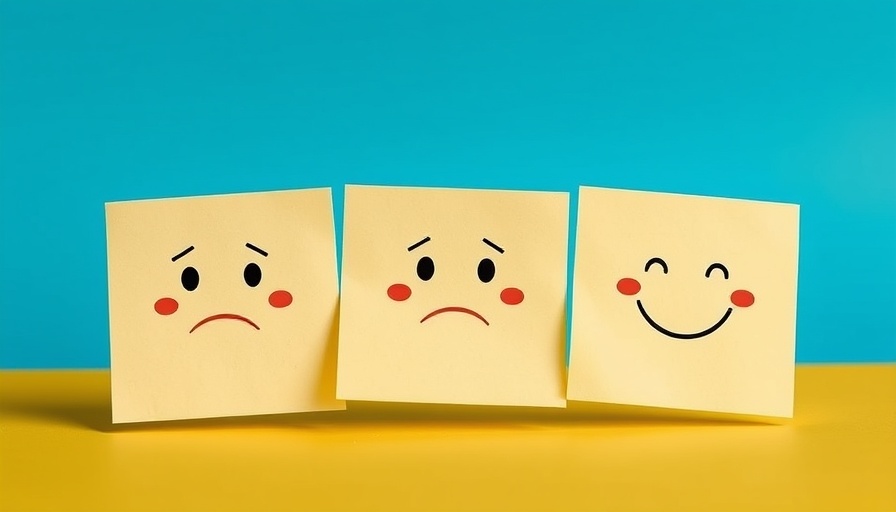
The Importance of a Genuine Apology
Apologizing might seem simple, yet it holds profound significance in both personal and professional relationships. A genuine apology can heal wounds, mend relationships, and foster a sense of trust. In contrast, insincere or half-hearted apologies can do more damage, leaving others feeling disrespected and unheard. Understanding how to give an authentic apology is crucial for individuals seeking to maintain healthy relationships and enhance their emotional well-being.
Breaking Down the Perfect Apology
According to mental health experts, a well-crafted apology should encompass three key elements: expressing remorse, acknowledging the hurt caused, and taking responsibility. Each of these components serves a specific purpose. For instance, simply saying "I'm sorry" often falls short because it lacks depth. Instead, expressing your feelings of regret conveys empathy and understanding, which is essential for healing. Furthermore, acknowledging the specific harm can validate the other person's feelings, making them feel recognized and respected.
The Psychological Impact of Apologies
Research indicates that genuine apologies have the power to significantly reduce negative feelings and resentment. They can also bring about relief for both the apologizer and the individual receiving the apology. The act of acknowledging mistakes can lead to cognitive shifts in both parties, paving the way to restore relationships. This phenomenon highlights the essential role of communication in health and wellness—our mental health can greatly benefit from open, honest exchanges.
Real-Life Examples Highlighting the Power of Apologies
There are countless instances where a thoughtful apology has turned a dire situation into an opportunity for growth. For instance, in the workplace, a manager who admits their mistake to a team can foster an environment of trust and collaboration. Such actions can motivate team members, facilitating a sense of unity and positivity. The story of a company that regained its reputation after its CEO publicly apologized for mismanagement illustrates how authentic apologies can reshape public perception and rebuild professional credibility.
Navigating Cultural Differences in Apologies
In today's global society, understanding cultural nuances surrounding apologies is vital. Different cultures have varying expectations regarding how to apologize, and these differences can impact relationships significantly. In some cultures, direct apologies may be welcomed; in others, they may be seen as confrontational. Your ability to navigate these differences can enhance both personal and professional interactions, ultimately contributing to community health and wellness.
Active Listening: Key to Successful Apologies
Often overlooked, the art of active listening is crucial when offering an apology. It involves giving full attention to the other person, showing that you value their feelings, and creating space for dialogue. This two-way communication encourages open discourse, which can help you understand the other person's perspective and deepen the emotional connection between both parties. Active listening fosters an atmosphere of respect and empathy, essential components of a healthy relationship.
Moving Forward with Resilience
The journey doesn’t end with an apology. True healing often requires time and effort on both sides. It’s important to reflect on the lessons learned from the situation to avoid repeating the same mistakes. This proactive approach not only strengthens existing relationships but also aids in personal growth, contributing to overall wellness.
In conclusion, apologies are a powerful tool that, when done right, can strengthen relationships, create healthier environments, and enrich our lives. As you navigate your personal and professional spaces, consider how genuine apologies can enhance your connections and contribute to a more understanding and compassionate world.
If you've found value in understanding the nuances of apologies, consider exploring more about health and wellness practices in your community. Whether it's engaging with local health and wellness events or reading relevant health articles, there are numerous ways to embark on a journey towards optimal health.
 Add Row
Add Row  Add
Add 




 Add Row
Add Row  Add
Add 


Write A Comment